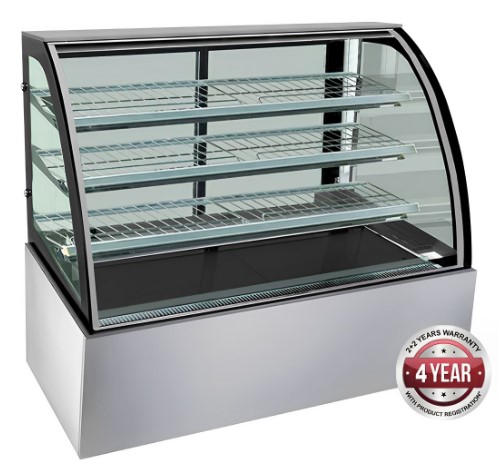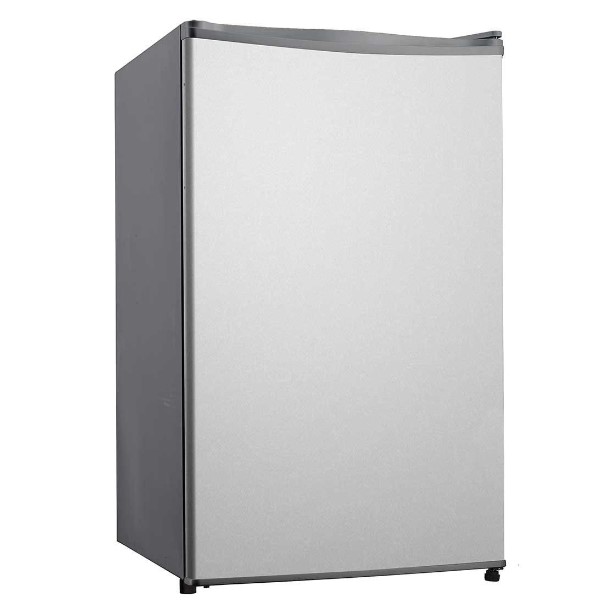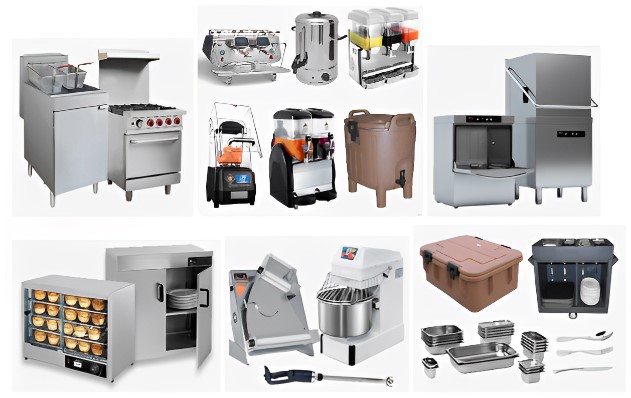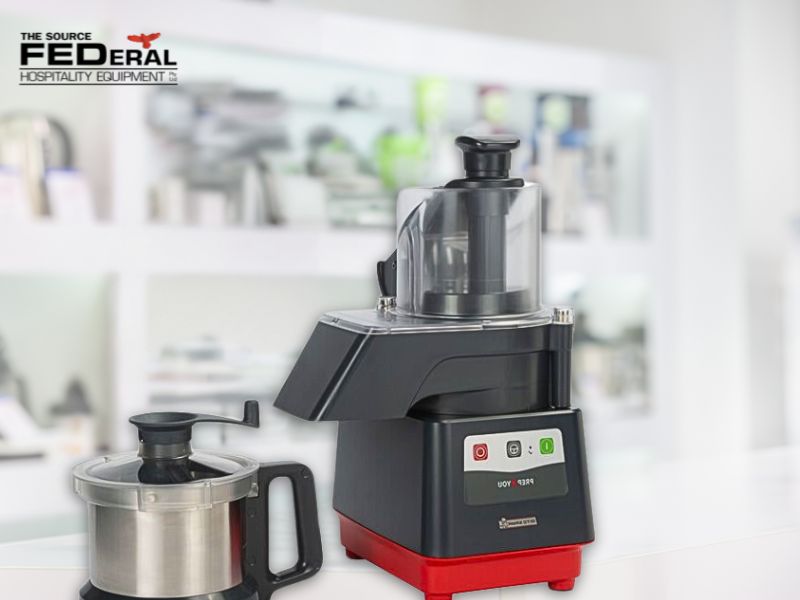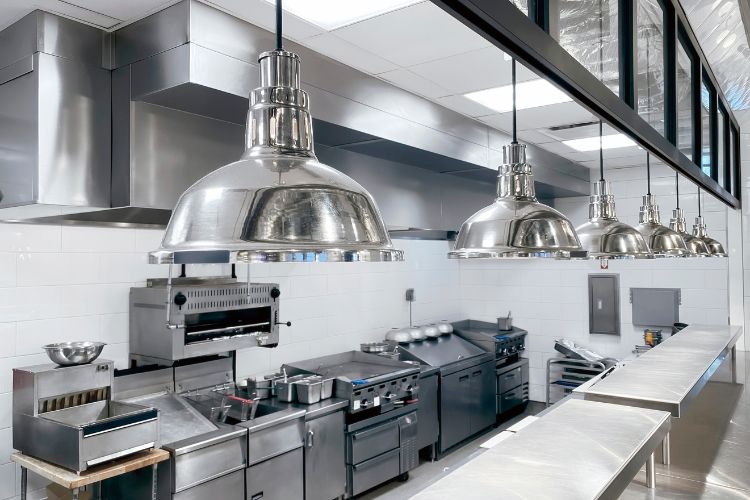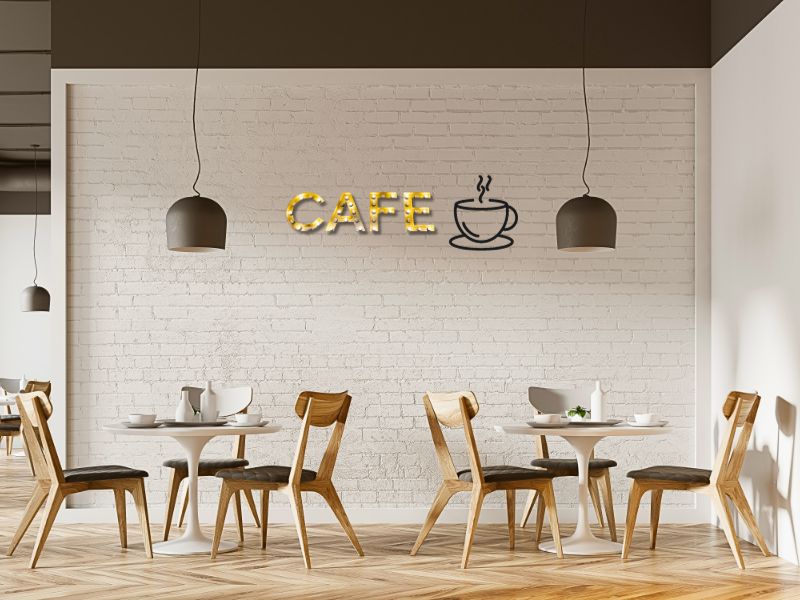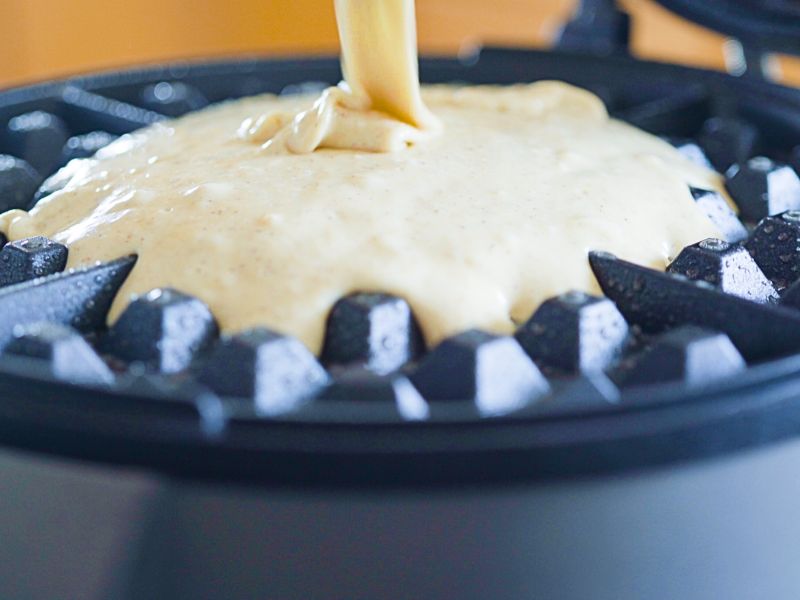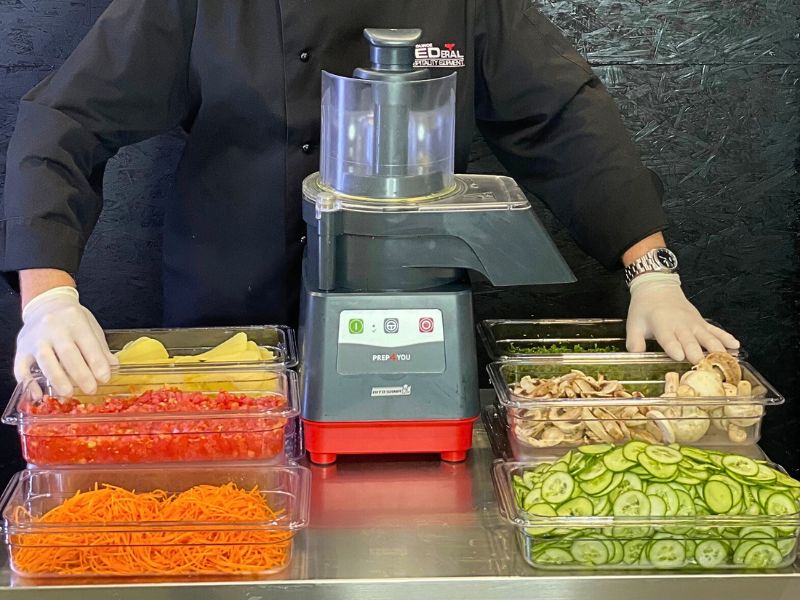Imagine you've spent hours crafting the perfect meal, only to have it cool down before everyone can enjoy it. Fear not; food warmers are here to save the day! Food warmers can make all the difference between a satisfying, well-prepared meal and a lukewarm disappointment. Setting the right temperature for your food warmer is crucial in ensuring that your dishes remain fresh, delicious, and safe to eat.
When it comes to cooking, temperature is vital. Whether you're baking a cake or grilling a steak, getting the temperature right can mean the difference between a perfectly cooked dish and a disappointing one. But did you know that temperature is just as important when it comes to keeping your food warm? That's right, the temperature of your food warmer can significantly impact the quality of your meal. In this blog post, we'll explore the crucial role of food warmer temperatures in achieving perfectly cooked meals. Let's get started!
Why Temperature Matters in Food Warmers
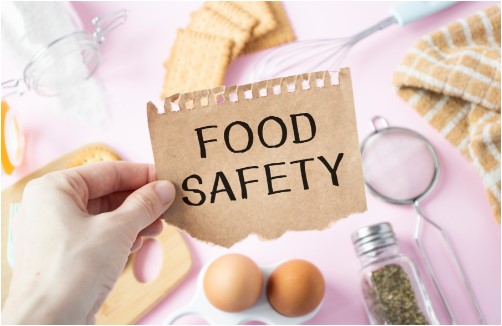
Food warmers are designed to keep your dishes at a safe and consistent temperature until they're ready to be served. But why does the temperature matter so much? There are a few reasons:
- Food safety: Keeping your food at the right temperature is crucial for preventing bacterial growth and ensuring that your meal is safe to eat.
- Texture and flavour: Food that's kept too hot can become overcooked and dry, while food that's kept too cool can become tough and unappetizing.
- Presentation: A dish that's kept at the right temperature will look and taste better, making for a more enjoyable dining experience.
Tips for Using Your Food Warmer Effectively
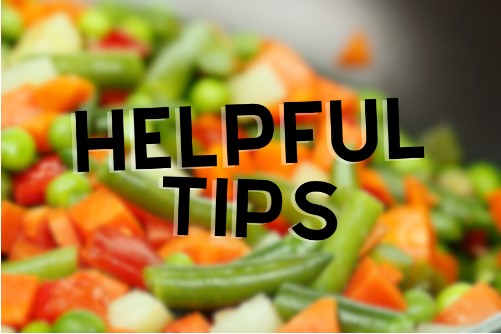
Proper use of your food warmer will ensure that your dishes remain delicious and safe to eat throughout your event. There's more to using a food warmer than simply setting the right temperature. To help you achieve optimal results, here are some expert tips for using your food warmer effectively:
- Preheat your warmer: Just like an oven, it's important to preheat your food warmer before adding your dishes. This ensures that your food will start at the right temperature and stay hot throughout your service.
- Use shallow pans: Shallow pans allow for better heat distribution and ensure your food remains at a consistent temperature. This is particularly important when warming large quantities of food or dishes with a thick consistency, such as casseroles.
- Stir your food: For dishes like soups, sauces, and stews, make sure to stir them periodically. This helps to distribute the heat evenly and prevents hot spots from forming.
- Monitor the temperature: Regularly check the temperature of your food using a food thermometer to ensure that it remains within the safe range. This is especially important during extended warming periods or when using your food warmer outdoors in colder weather.
- Keep the lid on: Whenever possible, keep the lid on your food warmer to help maintain a consistent temperature and prevent heat loss. Removing the cover too often can cause the temperature to drop, which may impact food safety and quality.
- Don't overcrowd your warmer: Overcrowding your warmer can lead to uneven heating and longer cooking times. Instead, leave plenty of space between dishes to ensure each one is heated evenly.
Conclusion
The art of serving a perfectly cooked meal extends beyond the initial preparation and cooking. Commercial food warmer plays a vital role in ensuring that your culinary masterpieces remain at their peak in terms of flavour, texture, and safety. By understanding the importance of food warmer temperatures and following expert tips, you can elevate your dining experience and create unforgettable memories around the table.
Don't let a lukewarm meal dampen the spirit of your next gathering; embrace the power of temperature control in food warmers, and let your culinary skills shine through every bite. After all, a well-cooked meal is not just about satisfying the taste buds; it's about bringing people together, warming their hearts, and leaving them with a lasting impression of your culinary prowess.

